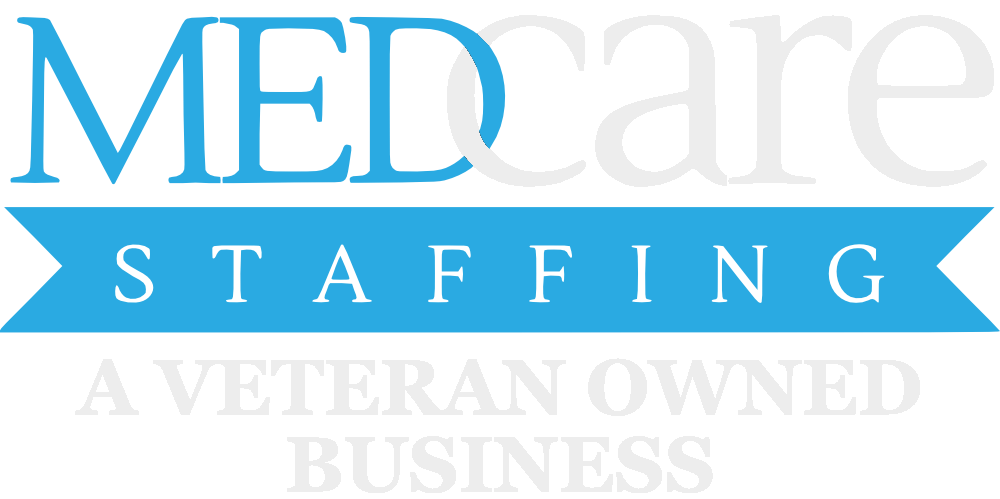
Approximately 1.8 million Americans are incarcerated in state and federal prisons. Based on the communal nature of the prison system, specific medical needs are created. Today, there is an increased demand for physicians, nurse practitioners and nurses specialized in correctional healthcare.
History of correctional healthcare
Correctional healthcare did not exist until 1770 and was invented in England by a wealthy philanthropic healthcare former by the name of John Howard and physician John Fothergill. Louise Rene-Villerme a physician and pioneering hygienist published a study titled Des Prisons in 1820, further overhauling the public health concerns in prisons.
According to the CDC the most common healthcare problems reported by prison inmates include:
Infectious disease
- Hepatitis
- HIV/ Aids
- MRSA
- Sexually Transmitted Diseases
- Tuberculosis
Chronic Diseases
- Arthritis
- Asthma
- Cancer
- Heart Disease
Learning disabilities and mental health
The most common impaired functioning that jail inmates report is a learning impairment such as dyslexia or attention deficit disorder. Many inmates also report having been enrolled in special education classes during their youth. Approximately 8 percent of inmates state they suffered from mental health condition that kept them from fully participating in school, work, or other activities.
Pregnancy in incarcerated women
Approximately 3 to 5 percent of incarcerated women are reported to be pregnant when they go into a correctional system. Pregnancies of incarcerated women are usually high risk due to poor nutrition, limited accesses to prenatal care, domestic violence, mental illness, drug and alcohol addiction.
Transgender healthcare
During incarceration, transgender people may face a multitude of problems that may endanger their health and wellbeing. Correctional healthcare professionals must pay special attention to evaluation, screening, referral, and management of mental healthcare needs. Particular attention must be given to hormonal treatments for gender dysphoria and should follow accepted guidelines developed by professionals with specialized in transgender health.
Special attention must be paid to transgender youth who enter into the corrections system. Mental health professionals experienced in working with transgender adolescents must review the youths current clinical stability, mental health functioning , and possible need for added mental health therapy and intervention.
Overall decreased life expectancy
For every year a person spends in the correctional system, 2 years is taken off of their lives. With 1.8 million people locked up, mass incarceration has lowered the life expectancy of a significant portion of the human population in the United States.
Healthcare staff within the correctional system:
Physicians: a physicians role in corrections is primary care that can reach highly intensive levels. Physicians medical practice roles include internal medicine, preventative care, urgent care, emergency care, routine patient care, basic orthopedics, dermatology, minor office procedures, chronic care and end of life care. Some patient may need to be transported off site for tests, medical procedures and consultations.
According to the American College of Correctional Physicians, a physician working in corrections must be aware of and balance interests of; good solid medical practice, medical supervision, implementation of process, medical board rules, the safety and security of the facility, the individuals in the facility, and the community. A few examples of medical-custody coordination are:
- Timely access to medical
- Timely treatments and
- Medical training and supervision
Nurse Practitioners: can provide care to adolescent patients to geriatric patients within the correctional healthcare system. Nurse practitioners practice within their scope and can perform physical exams, health screenings, medication management, sick calls and pregnancy and post-partum care. Correctional NP’s are positive advocates for patients and provide education to correctional administrators, judges, caseworkers and correctional staff.
Nurses: provide direct patient care to inmates in jails and prisons. Nurses treat patients in the correctional system for a variety of ailments including emergency medical conditions, acute illness, as well as chronic medical conditions.
Correctional healthcare staff may also be involved in hunger strikes, isolation, sexual abuse, transgender, elderly release pleas, compassionate release pleas and long term involuntary psychotropic medications. All incarcerated people within the correctional system must be treated with fairness and receive comprehensive healthcare. It is the responsibility of correctional healthcare team to advocate for the healthcare needs of these individuals.
Curious about a career in Corrections Health? Try out a Locum Tenens assignment with Medcare Staffing
Medcare staffing has a variety of locum tenen assignments in corrections for physicians, nurse practitioners and nurses in a variety of different states. Click here to find out more information and speak to a recruiter today.
